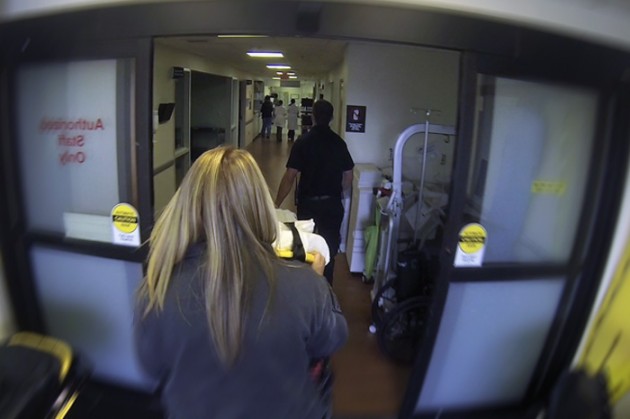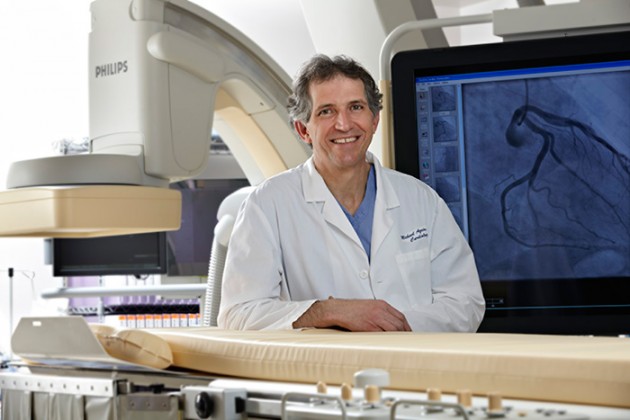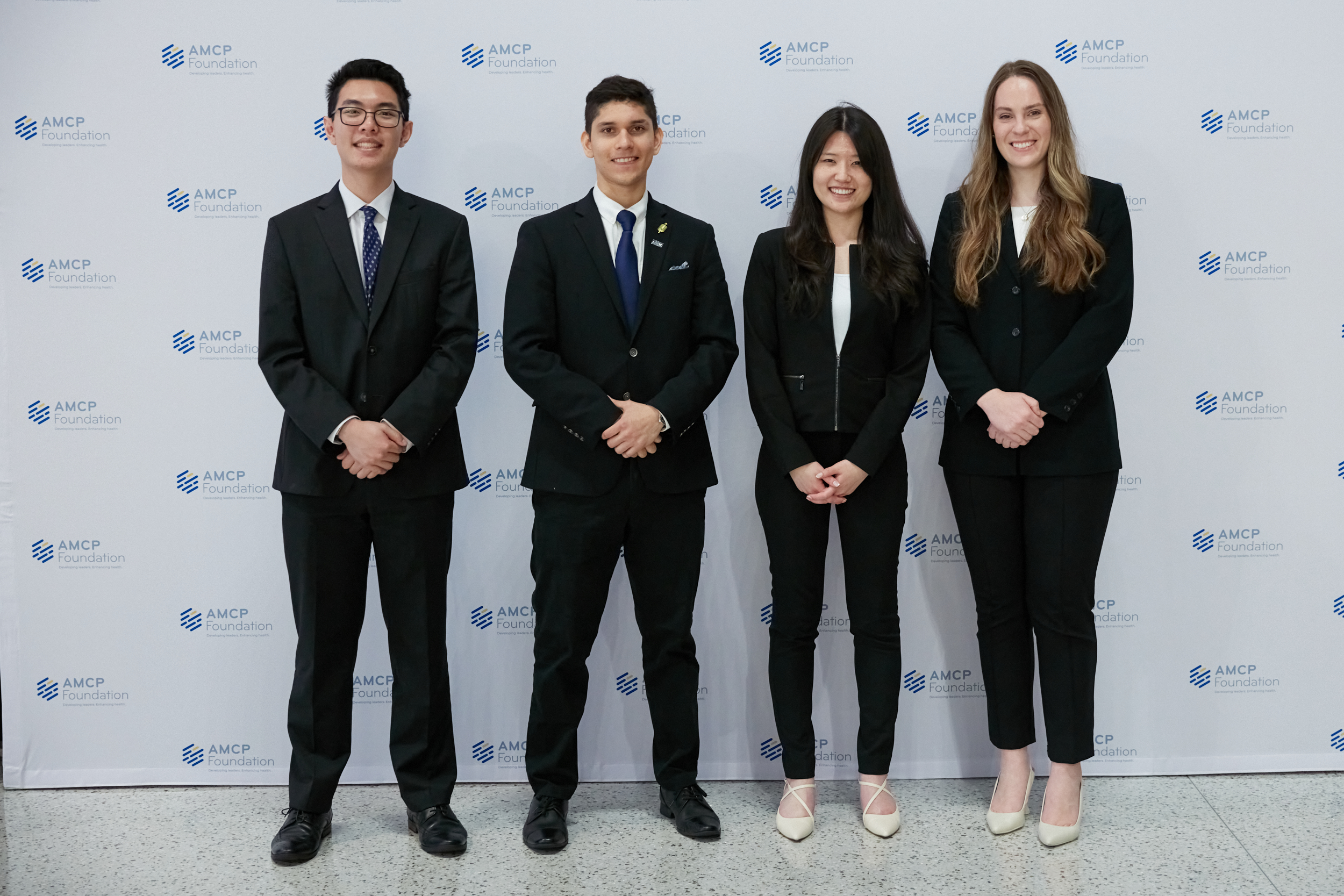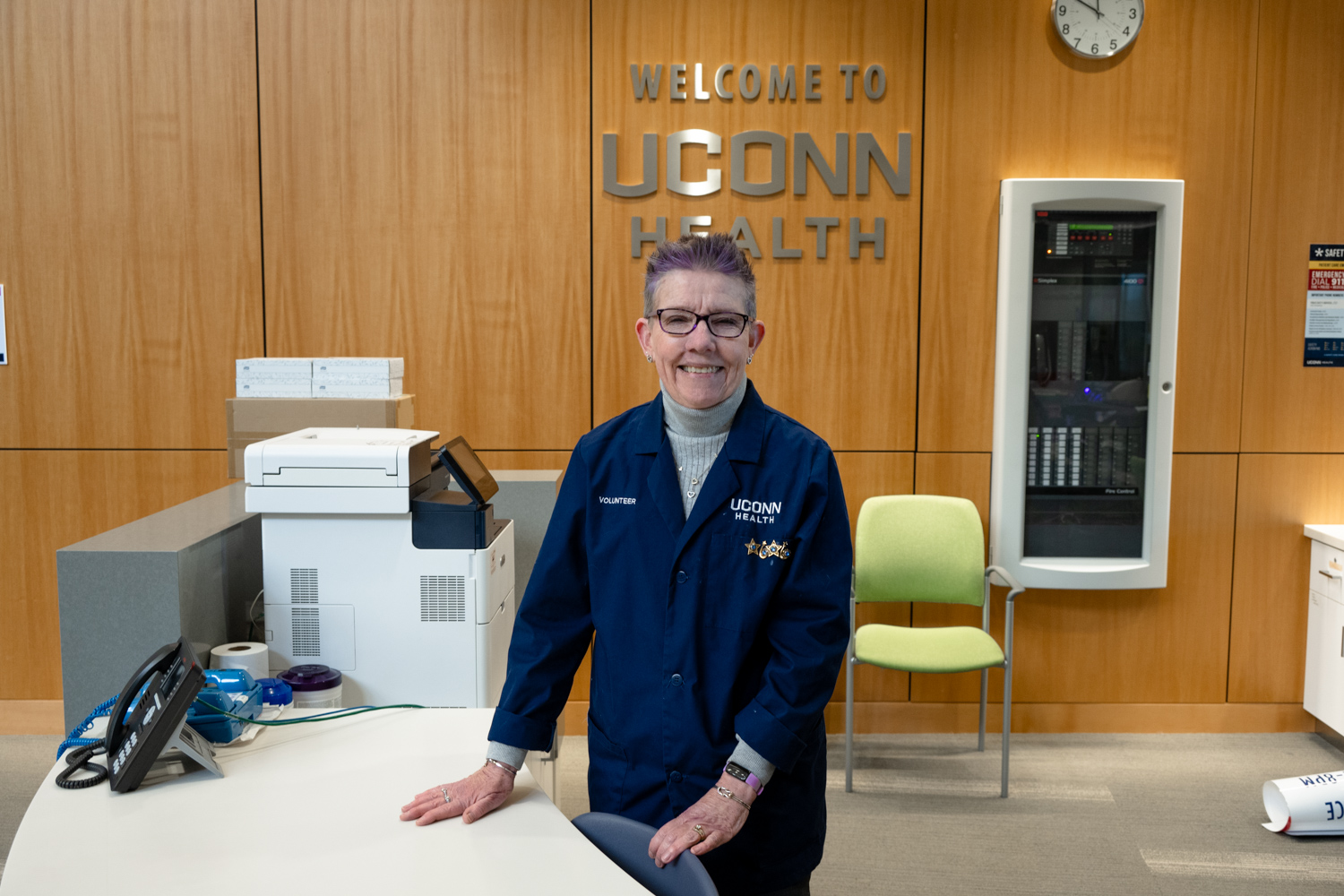
The American Heart Association recently recognized UConn Health for its fast and efficient care for patients experiencing heart attacks, as well as its ongoing excellence in the care of patients with heart failure.
“In a life or death situation, time is everything,” says Dr. Frank M. Torti, UConn Health’s executive vice president and dean of the UConn School of Medicine. “Especially for men and women who live in the Farmington Valley or West Hartford, there is every reason to come to UConn Health for swift and efficient cardiac care. You can get here faster and get the care you need sooner – it’s that simple.”
At UConn Health, on average, patients experiencing a heart attack receive care within 48 minutes from the time of arrival at the hospital until the time they receive advanced cardiac care. This is also known as the “door-to-balloon” time, in reference to the balloon and stenting process used to open blocked arteries through angioplasty. The national average is 56 minutes and the standard of care is 90 minutes.

“This is a testament to the advanced skills and extraordinary teamwork among our cardiology and emergency staff,” says Dr. Bruce Liang, director of the Pat and Jim Calhoun Cardiology Center. “I have seen our experts in action, and know they are completely dedicated to our patients.”
Liang, a preventive cardiologist, recalls a specific day when he was on duty in the hospital and saw the Emergency Department and interventional cardiology staff work together to expedite care for a young man suffering a heart attack. The door-to-balloon time that day was a record 10 minutes. For an account of this event, click here or watch this video.
“Because the patient received the care he needed so quickly, he shows no evidence of damage to the heart,” he says. “That is always our goal for our patients.”
Recognizing UConn Health and EMS team
Both UConn Health’s hospital and the fire department, which is responsible for paramedic and emergency medical services (EMS) in the Farmington Valley, were recognized with awards from the American Heart Association. The hospital received Mission: Lifeline Silver Receiving Quality Achievement Award in recognition of meeting specific criteria and standards of performance for the quick and appropriate care of heart attacks. Measures include door-to-balloon times, as well as adherence to nationally recognized treatment protocols, such as administering aspirin within 24 hours of arrival at the hospital.
The fire department received the Mission: Lifeline EMS Silver Awardafter demonstrating at least 75 percent compliance for each required achievement measure for the entire year, and for treating at least eight heart attack patients per year.
“We commend UConn Health for these awards, which reflect a significant commitment to improve the quality of care for heart attack patients,” says Dr. A. Gray Ellrodt, chair of the Mission: Lifeline committee and chief of medicine at the Berkshire Medical Center in Pittsfield, Mass. “All too many heart attack patients in the United States still fail to receive appropriate treatment for their life-threatening condition within the recommended timeframes. We must all continue this important work to streamline and coordinate regional systems of care to save lives and prevent complications.”
Adds Liang, “We are completely committed to improving the quality of care for our patients who suffer a heart attack, and the American Heart Association’s Mission: Lifeline is helping us to accomplish that goal through internationally respected clinical guidelines.”
Gold plus award for heart failure team
Meanwhile, for the second consecutive year, the American Heart Association recognized UConn Health’s comprehensive program for patients with heart failure with its Get With The Guidelines – Heart Failure Gold Plus Quality Achievement Award. The recognition signifies that UConn Health reached an aggressive goal of treating heart failure patients with 85 percent compliance for at least 24 months to core standard levels of care as outlined by the American Heart Association. Previously, UConn Health won the Gold Quality award in 2012 and 2011.
Get With The Guidelines is a quality improvement initiative that provides hospital staff with tools that follow proven evidence-based guidelines and procedures in caring for heart failure patients to increase survival and prevent future hospitalizations.
“Patients with heart failure require highly personalized care to control symptoms – such as shortness of breath, fatigue, and swelling, as well as side effects associated with medications – and also to avoid frequent hospitalizations,” Liang says.
To provide the most comprehensive care for patients, UConn Health specialists work closely with community-based providers to help patients with heart failure remain healthy and vital. At the center of the team is the patient.
One of the quality initiatives at the Heart Failure Center is the ‘Hospital to Home Program’ which helps keep heart failure patients at home and out of the hospital. Patients have access via telephone to cardiac nurses and cardiologists around the clock. The Heart Failure Center is led by Dr. Jason Ryan, along with Wendy Martinson, a quality assurance specialist.
In addition, every patient is scheduled for a follow-up visit with a physician or nurse practitioner within seven days after discharge. Studies suggest that a seven-day evaluation helps keep patients from being readmitted to the hospital. Also, the UConn team meets regularly with community providers to discuss care for patients on an ongoing basis.
Follow UConn Health on Facebook, Twitter and YouTube.



